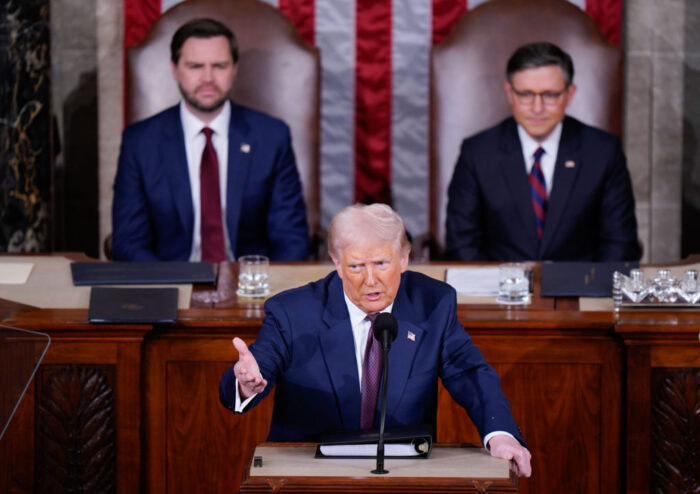U.S. House Speaker Mike Johnson (R-LA) achieved what many thought impossible on Thursday morning by securing the passage of a budget that incorporates most of the changes preserved by Senate Republicans. In a tightly contested 216-214 vote, only two Republicans—Reps. Thomas Massie (R-KY) and Victoria Spartz (R-IN)—broke ranks to support President Donald Trump’s “big, beautiful” tax package. Surprisingly, not a single Democrat found anything in the legislation that was worth supporting — including making the 2017 tax cuts for at least 87 percent of Americans permanent.
That said, this landmark legislation is a key priority that Johnson has been charged with advancing amidst an ongoing tariff war. This marks a significant victory for the Republican president in his second term, highlighting his ability to bring together some of the most shrewd members of the GOP. This includes figures like Rep. Chip Roy (R-TX) and other fiscal conservatives who had publicly expressed concerns about the bill’s potential to increase the deficit.
The bill, which President Trump is expected to sign into law soon, will serve as the GOP’s blueprint for further cutting federal spending—adding to the reductions already achieved by the U.S. Department of Government Efficiency, which is projected to save an estimated $1 trillion in its first year. Trump spent the final days of negotiations personally calling hesitant lawmakers to secure support for extending his landmark 2017 tax cuts. Although the spending boost won’t be entirely self-funded, he and Speaker Mike Johnson have promised to offset some of the cost through deep cuts to the federal workforce.
Fiscal conservatives believe they’ve secured commitments from Johnson to slash at least $1.5 trillion from the government’s FY2026 budget, though Senate Majority Leader John Thune (R-SD) refrained from fully endorsing that figure on Thursday morning. “We have got to do something to get the country on a more sustainable fiscal path,” Thune told the New York Times, adding that his “ambition in the Senate” was “aligned with the House in terms of what their budget resolution outlines.”



